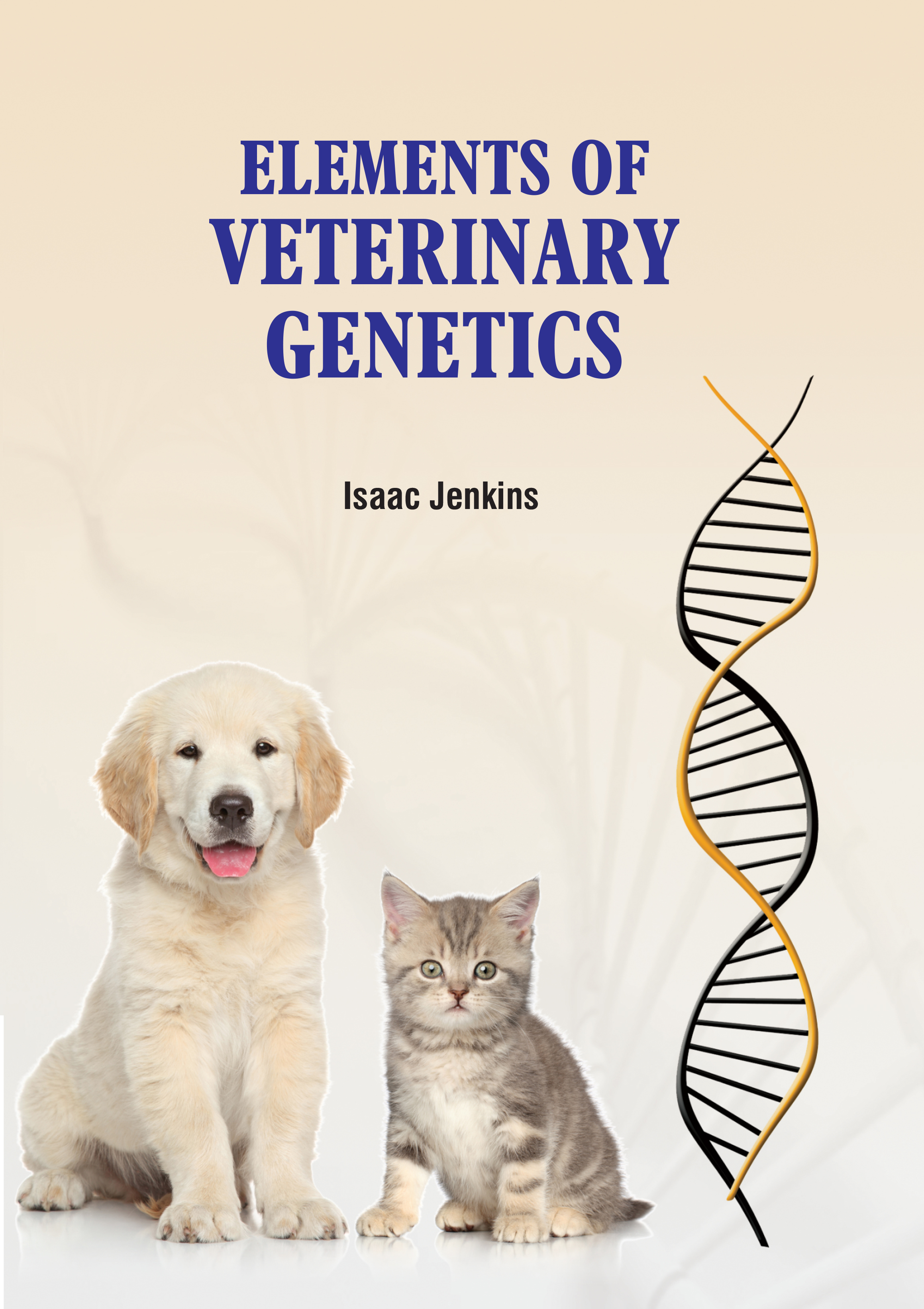
Elements of Veterinary Genetics
by Isaac Jenkins
| ISBN | 9789372427950 |
|---|---|
| Publisher | Digital Drive Learning |
| Copyright Year | 2026 |
| Price | $264.00 |

by Isaac Jenkins
| ISBN | 9789372427950 |
|---|---|
| Publisher | Digital Drive Learning |
| Copyright Year | 2026 |
| Price | $264.00 |
An understanding of Elements of Veterinary Genetics is crucial to the evaluation and control of diseases and disorders in animals. The concepts of veterinary genetics are crucial to understanding and controlling many diseases and disorders in animals. They are also crucial to enhancing animal production. Accessible and clearly presented, “fundamentals of Veterinary Genetics" provides a succinct introduction to the aspects of genetics relevant to animal diseases and production. The information within a particular gene is not always exactly the same between one organism and another, so different copies of a gene do not always give exactly the same instructions. Each unique form of a single gene is called an allele. As an example, one allele for the gene for hair color could instruct the body to produce a lot of pigment, producing black hair, while a different allele of the same gene might give garbled instructions that fail to produce any pigment, giving white hair. Mutations are random changes in genes, and can create new alleles. Mutations can also produce new traits, such as when mutations to an allele for black hair produce a new allele for white hair. This appearance of new traits is important in evolution. A chromosome has many thousands of genes; there are an estimated 100,000 genes in the human genome. Inheritance involves the transfer of chromosomes from parent to offspring through meiosis and sexual reproduction. This book not only contains sections on basic genetics, cytogenetics, immunogenetics, population genetics and quantitative genetics, but also quantitative genetics.